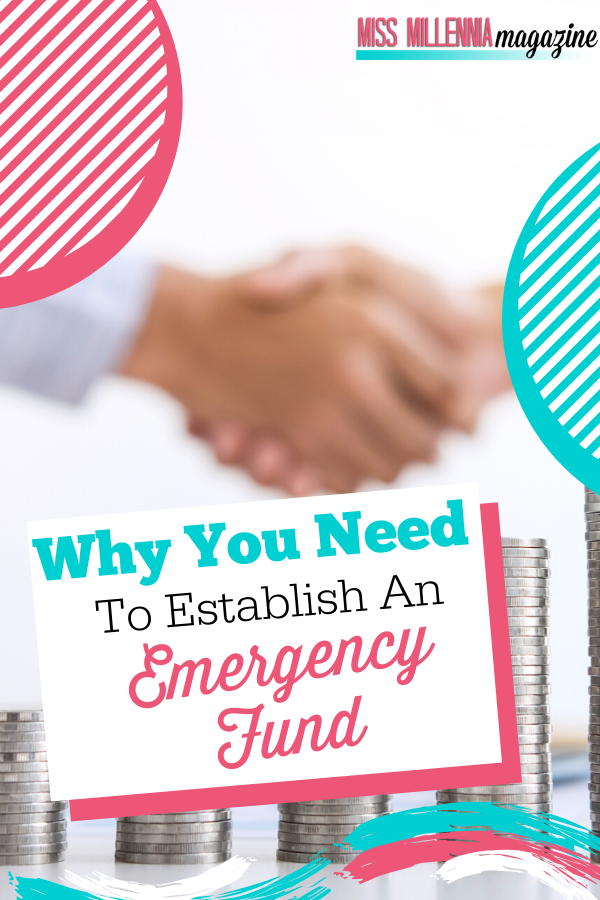Yes, You Have A Latte Factor (And It’s OK!)
Frothy milk mixed with a well-crafted espresso shot creates a beverage suitable for epic poems and romantic ballads: a latte. A latte is one of my favorite beverages (alcoholic and non). Unfortunately, it’s long been under attack by fellow personal finance enthusiasts who harbor ill will not towards its delicious nectar, but its price point in your standard coffee shop.
I’m here not only to defend my beloved latte, but also refute its current title as an enemy of net worth.
Understanding the Latte Factor
The “latte factor” rose to prominence nearly 11 years ago when David Bach, author of The Automatic Millionaire, pointed out how a small, but frequent habit could hurt your road to wealth (or a million dollars). By his calculation, if a 20-something tucks five dollars a day into an investment with a 10 to 11 percent return, by retirement the latte money could be a million bucks.
The logic rings true, even if the numbers don’t. We could all forgo small, and large, pleasures in life in order to keep saving and investing our way to riches. But do we have to?
Thinking a Bit Too Small?
On a regular basis my mind is constantly doing quick calculations to determine if purchasing an item is worth my money, particularly when equated as an exchange of my time working. Transposing prices into hours spent earning an income is an easy way to see if what I’m about to purchase is worth the time I’ve put in at work.
When you make minimum wage, it’s easy to understand why a $5 latte isn’t worth your money. Almost an hour of work for a coffee doesn’t seem like a fair trade off. Even for those where minimum wage is rising to $15 an hour, it still seems quite steep.
Except, I don’t make minimum wage anymore.
When my salary is calculated out to an hourly wage, $5 isn’t a significant amount of my time spent earning money. But it isn’t just about the fact that I can afford a daily latte, it’s that I budget for one too.
Why I Buy Lattes
I’m not ashamed to admit that I fully indulge in regular lattes. It’s an almost five times a week habit that usually accompanies leaving the office for a nice walk and strolling to one of my three favorite coffee shops. The price points range from $4 to $4.50 depending on if I want a small or medium, so I probably spend between $80 to $85 a month on a workday pick-me-up.
This turns into $1,020 a year. Perhaps instead I start contributing $85 a month every month for the next 35 years to an index fund with a return of 7% (a more practical return than Mr. Bach’s 10 to 11 percent). By the time I reached 61 I would have $141,001.62.
Could that be a year’s worth of money in retirement? Probably.
Why would I refuse to save such a significant chunk of money?
For one, I’m already saving 40 percent of my take home salary and 100% of my side hustle income. Could I push to an even higher savings rate? Maybe, but this one satisfies the parameters to meet my financial goals in a timely fashion and allows me some present day indulgences.
Secondly, we must allow ourselves some freedom. Being savvy with money isn’t all about who can penny pinch the best. It focuses on being able to handle your money well enough to provide you with the means to get what you want in life. Part of what makes me happy each day is a latte and I can afford the indulgence. Research by Paul Sullivan, author of The Thin Green Line, supports that the mentality to spend money on what you value (even if it’s a latte) can lead to wealth.
And finally, David Bach wrote his crusade against the latte with the best of intentions. But its target audience may be those struggling to figure out how to save or save more. Those who don’t understand how their bank accounts somehow get to $0 each month. Or people who admittedly want to leave the workforce ASAP and live a frugal life in early retirement.
Those reasons don’t apply here. I account for lattes (thus my latte factor) in my weekly spending and also do a weekly check in of my finances to ensure I’m not busting my monthly budget.
We All Have a Latte Factor to Analyze
As David Bach has said to more than one critic, the latte factor doesn’t need to be literal; it’s about any small expense that eats away at a budget.
Expenses like:
- A weekly brunch date
- Regularly buying comic books (or regular books)
- Not cutting the cord and sticking with cable TV or cutting and then subscribing to all streaming platforms
- Buying exclusively organic food products
- Spinning/yoga/Pilates/boxing class
- Happy hours
You glutinous fiend!
Just kidding (as long as it isn’t all of the above). It’s okay to indulge in small expenses that you feel improves your quality of life in some way. However, I’ll give it to David Bach that this indulgence should only be happening after some analysis of the true cost as well as ensuring you’re still meeting other financial goals. Or, be like many other personal finance enthusiasts and develop another stream of income to offset the cost of your pleasures.
Invibed is an online destination that makes personal finance relevant, accessible and entertaining to millennials. Follow Invibed on Facebook and Instagram.










